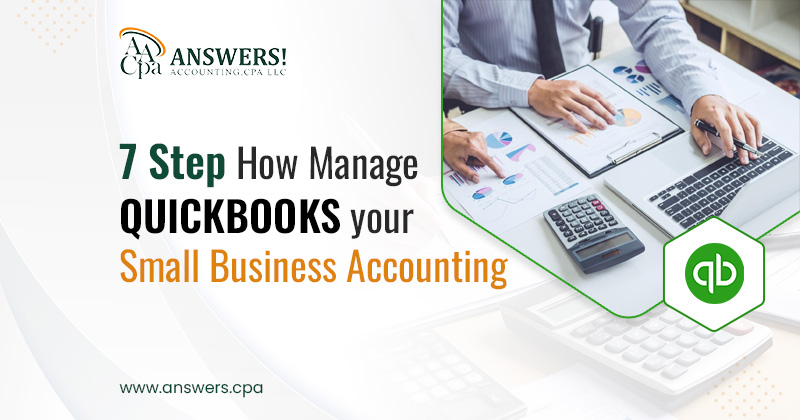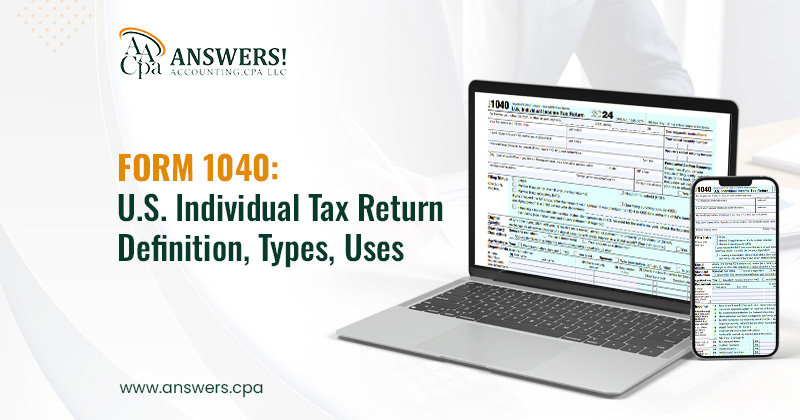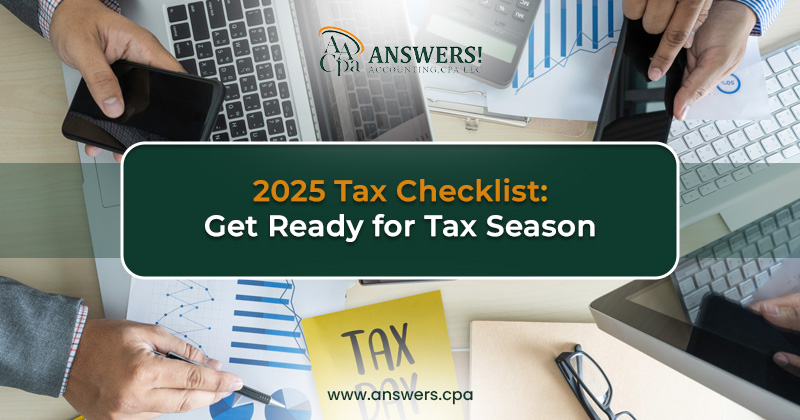7 Step How to Manage QuickBooks for Small Business Accounting
Some people might think it's boring, but accounting and record management are vital for small business owners. It aids them in decision-making, avoiding risks, and adhering to tax regulations. A good accounting practice enables small businesses to account for their revenues, and costs and earn income in an orderly manner.
QuickBooks software helps manage all financial transactions that take place within a business. It includes the collection of all the receipts, purchases, and payment tracking. Great also confirms the amounts coming in and out are correct using banking records. It may also involve higher-level work, such as making reports that demonstrate the performance of the firm and utilizing those reports to find out the trends and bring them to improvement.
Accounting for Small Businesses to Financial Success
Small business accounting goes beyond bookkeeping, analyzing financial health and strategy. It provides insights into profitability, cash flow, and overall well-being, enabling informed business decisions.
Understanding accounting principles helps you control your finances. You can create budgets, predict how your finances will do, and make sure you follow all the rules. Good accounting skills let you find ways to save money, manage your debt, and keep up with your fees.
How to Use QuickBooks for Small Business Accounting
QuickBooks is an industry-leading accounting software known for its user-friendly interface, powerful features, and functions. Whether you're new to running a business or have experience, mastering QuickBooks can significantly simplify your financial management. QuickBooks can automate many accounting tasks, minimizing errors and freeing up your time.
QuickBooks provides tools for tracking income and expenses, generating invoices, managing payroll, and producing detailed financial reports. Additionally, QuickBooks facilitates tax preparation by organizing all your financial data in one place.
QuickBooks for Small Business Free Trials and Plans
QuickBooks offers various plans tailored to the needs of small business owners. While free trials are available, QuickBooks plans to cater to different business complexity and budget levels. The free trial period allows you to explore the software's features and determine whether it suits your business needs before making a financial commitment.
During the free trial, you can use expense tracking, invoice creation, and financial reporting features. While free plans offer basic features, paid plans provide more advanced functionalities, such as enhanced payroll management, inventory tracking, and detailed analytics.
How to QuickBooks Manage your Small Business Accounting in 7 Steps
Managing finances for small businesses can be overwhelming without the right tools. Fortunately, good accounting software can help businesses and self-employed individuals organize their transactions and automatically generate important financial documents, making accurate record-keeping much easier.
Seven ways to manage your small business accounting using an online bookkeeping tool.
1. Set Up Your Company File:
Open QuickBooks and select the option ‘Create a new Company File’ to get started. This, as the name suggests is the heart of all business transactions, and all related information will be stored therein. Give particulars like your business name, industry, and start year. Do not forget to choose the proper tax settings as this is very important for the coming financial reports.
2. Customize Your Chart of Accounts
Just as the main purpose of a map is to provide a simple and clear presentation of the terrain, the chart of accounts is for managing the financial data of an organization. Modify it to accommodate income, expenses, assets, liabilities, and any other categories that your business may have. It is easier to track and review results financially since such customizations are in place.
3. Connect Your Bank Accounts:
Connect your bank and credit card accounts immediately to Goal QuickBooks to speed your settlement process. The feature facilitates the import of transactions that reduces the entry of data and errors that come about due to such. Such transactions can also be done periodically to ensure that the business is well-updated on its current status.
4. Track Income and Expenses:
It is important to state and record every income earned and every expense incurred. In this scenario, QuickBooks creates invoices, affects payment, and enters particulars of expenses. This technique not only helps to store expenses in their respective heads but also provides a great help in cash and profit analysis for dominating decisions concerning business.
5. Manage Payroll Efficiently:
For those of you who have employees, use the payroll functions of QuickBooks. You can configure online payroll to include calculations for wages, taxes, and even deductions. This feature helps to comply with the taxation laws and makes timely payments to employees, which relieves you of a lot of effort.
6. Generate Financial Reports:
Take advantage of QuickBooks’ various reports to understand the overall performance of the business. Generate the needed documents inclusive of profit and loss, balance sheet, and foreseeable cash flow. Undertaking these reports periodically helps in decision-making based on facts hence giving a better plan in the long term.
7. Stay Organized and Up to Date:
Use the QuickBooks program to achieve your organizational goals. Set up regular follow-ups either weekly or monthly to do account reconciliations, check transactions, and look for any errors. Being results-oriented in the management of your finances will give you a finer understanding of the finances and enable you to manage problems even before they arise
Read Blog- Certified QuickBooks Bookkeeper
Using QuickBooks Online for Your Small Business
QuickBooks Online is a cloud-based version of the software that offers flexibility and accessibility. As a small business owner, you can access your financial data from any device with an internet connection. QuickBooks Online also provides real-time updates, ensuring that you always have the most current data at your fingertips.
Here are some key advantages of using QuickBooks Online:
- Accessibility: Work from anywhere, at any time, and stay connected to your financial data.
- Real-Time Updates: Data is updated in real-time, providing an accurate and current view of your financial status.
- Collaboration: Grant access to your accountant or financial advisor, allowing for efficient collaboration.
- Automatic Backups: QuickBooks Online automatically backs up your data, ensuring its security and reliability.
- Integration: Seamlessly integrate with other business tools and applications to streamline operations.
Choosing the Best Small Business QuickBooks Software
QuickBooks offers a range of software options to suit diverse business needs. When selecting the best QuickBooks software for your small business, consider factors such as business size, complexity, and specific requirements. Here are some popular QuickBooks products:
QuickBooks Online: Ideal for businesses looking for flexibility and remote accessibility.
QuickBooks Desktop Pro: Suitable for businesses that prefer a more traditional software solution with robust features.
QuickBooks Self-Employed: Designed for freelancers and independent contractors with simplified features.
QuickBooks Payroll: A comprehensive payroll solution integrated with QuickBooks accounting software.
Evaluate your business needs and choose the QuickBooks product that aligns with your financial management goals.
Choosing the right QuickBooks software can streamline your accounting processes, improve financial accuracy, and save you time. Answers Accounting CPA, we are dedicated to helping you find the best solution tailored to your business needs. Contact us today to schedule a consultation and get expert advice on which QuickBooks software is the perfect fit for your small business.








